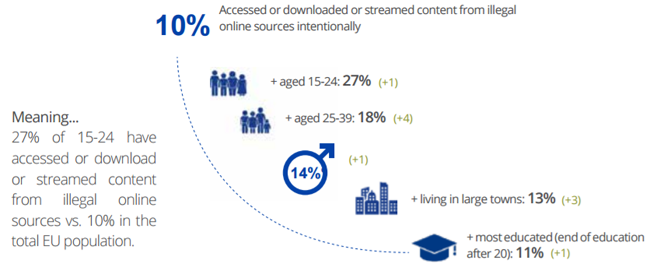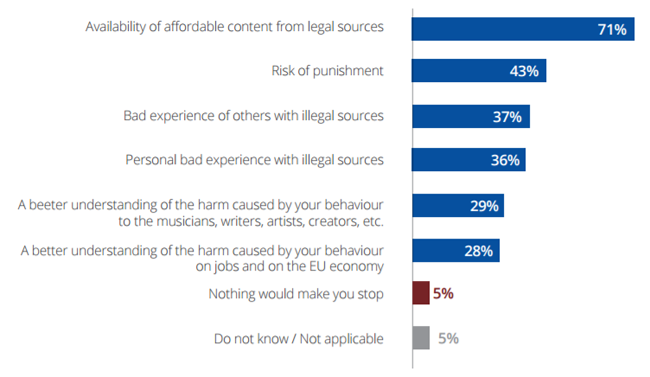Megaupload Wants to Recover Failing Hard Drives, But Won’t Sign Away Its Rights
lundi 27 mars 2017 à 21:12 Megaupload was shutdown nearly half a decade ago, but it remains undecided whether Kim Dotcom and several of his former colleagues will stand trial in the US.
Megaupload was shutdown nearly half a decade ago, but it remains undecided whether Kim Dotcom and several of his former colleagues will stand trial in the US.
With the extradition process still ongoing, the criminal prosecution and the civil lawsuits filed by the MPAA and RIAA have been put on hold.
Aside from the many legal challenges in the pending cases, there are also technical concerns. Since the defunct file-hosting service conducted its business online, a lot of the evidence is digital and has to be carefully preserved, which doesn’t get easier over time.
Last year, hosting provider Cogent first warned that sixteen of Megaupload’s evidence hard drives had become unreadable. While the data could potentially be restored, this would require swift action from the parties involved.
The data are vital for Megaupload as well as the MPAA and the RIAA as they contain crucial evidence. After discussions failed earlier, Megaupload and the rightsholders have now reached an agreement.
Earlier this month the MPAA and RIAA presented a joint preservation plan to the Virginia Federal Court. The rightsholder groups informed the court that they had reached an agreement with Megaupload on “nearly all” terms of the data preservation process to be carried out by the independent forensics company DriveSavers.
A few days ago Megaupload responded to the copyright holder’s request. While it indeed agrees to the practical terms of recovering and preserving the sixteen failing hard drives, Megaupload disagrees on the part where it’s prohibited from accessing the data.
“Megaupload agrees that there is a ‘significant risk that relevant evidence will be lost or destroyed,’ and that ample grounds for a preservation order exist; however, Megaupload disputes certain terms of the preservation order proposed by Plaintiff,” the company’s counsel writes (pdf).
The order proposed by the MPAA and RIAA would prevent Megaupload from accessing its own data without the court’s permission. This violates the company’s constitutional rights, Megaupload argues.
Instead, Megaupload has submitted a revised version of the preservation order specifying that it can access the data, but for litigation purposes only. If the MPAA or RIAA disagree, they can then share their concerns with the court on a case by case basis.
“Only with these edits will Megaupload be able to access this critical data, as needed, in the defense of these cases. Otherwise, Megaupload is enjoined from obtaining access to the data without the Court’s permission, which is contrary to law,” Megaupload writes.
The Government is less concerned with preserving the data, it seems. The authorities have already made copies of the data they intend to use and have stated that they have no interest in the remaining hard drives.
However, the US Department of Justice previously objected to Megaupload’s efforts to free the Megaupload data, arguing that it contains “contraband,” so it’s not going to be pleased with the proposed preservation order.
Considering the recent history, it seems unlikely that all parties will fully agree on how to solve the current standoff. This means that the Court may have to make the final decision, before it’s too late.
Source: TF, for the latest info on copyright, file-sharing, torrent sites and ANONYMOUS VPN services.
 When it comes to passing judgment on so-called ‘pirate’ sites, Italy has more experience than most around Europe. Courts have passed down many decisions against unlicensed sites which have seen hundreds blocked by ISPs.
When it comes to passing judgment on so-called ‘pirate’ sites, Italy has more experience than most around Europe. Courts have passed down many decisions against unlicensed sites which have seen hundreds blocked by ISPs.




 This week we have two newcomers in our chart.
This week we have two newcomers in our chart. 